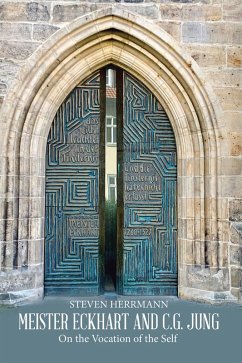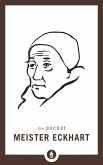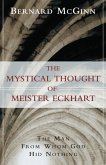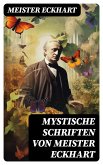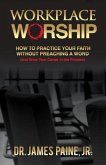Most Christian readers today have been taught by Church theologians of many different creeds that one must have faith in Christ above everything else. Meister Eckhart and C.G. Jung taught us to have trust in ourselves, in our own inner images of God, or the Self first. Eckhart was a man of the earth who came after Christ. By birth of the Holy Spirit in humanity, Herrmann means in this book the birth of the Self in Eckhart and Jung and also in you, the reader. We are all after Christs and are therefore incarnating the Holy Spirit through our callings to individuate from the Imprinter, which is beyond God, not the traditional God of theology. One of the good things that comes with being a postmodern Jungian analyst, and not a member of the Catholic Church as an institution, is the freedom and liberty granted to spiritually democratic people who can speak their own truths from conscience. Herrmann's book adds something new and significant to the gendered language in theology: God is beyond gender. The book remains true to what Eckhart said about God and Sophia, or Wisdom; for as everyone knows today who has made a deep reading of the Master's works, he was in essence talking about men and women, about all people. God could be a she or an it in postmodernity. In fact, for Eckhart and Jung, the origin of God is the feminine Godhead, or primal Ground of all metaphysical and empirical being. Both theologically and psychologically speaking, the Self, or Holy Spirit is essentially trans-dual, above all duality of male or female. For Eckhart and Jung, the vocation of the Self includes the archetypal feminine, the soul or anima and animus, above all categories of thought, transcendent of time and above gender.
Dieser Download kann aus rechtlichen Gründen nur mit Rechnungsadresse in A, D ausgeliefert werden.

